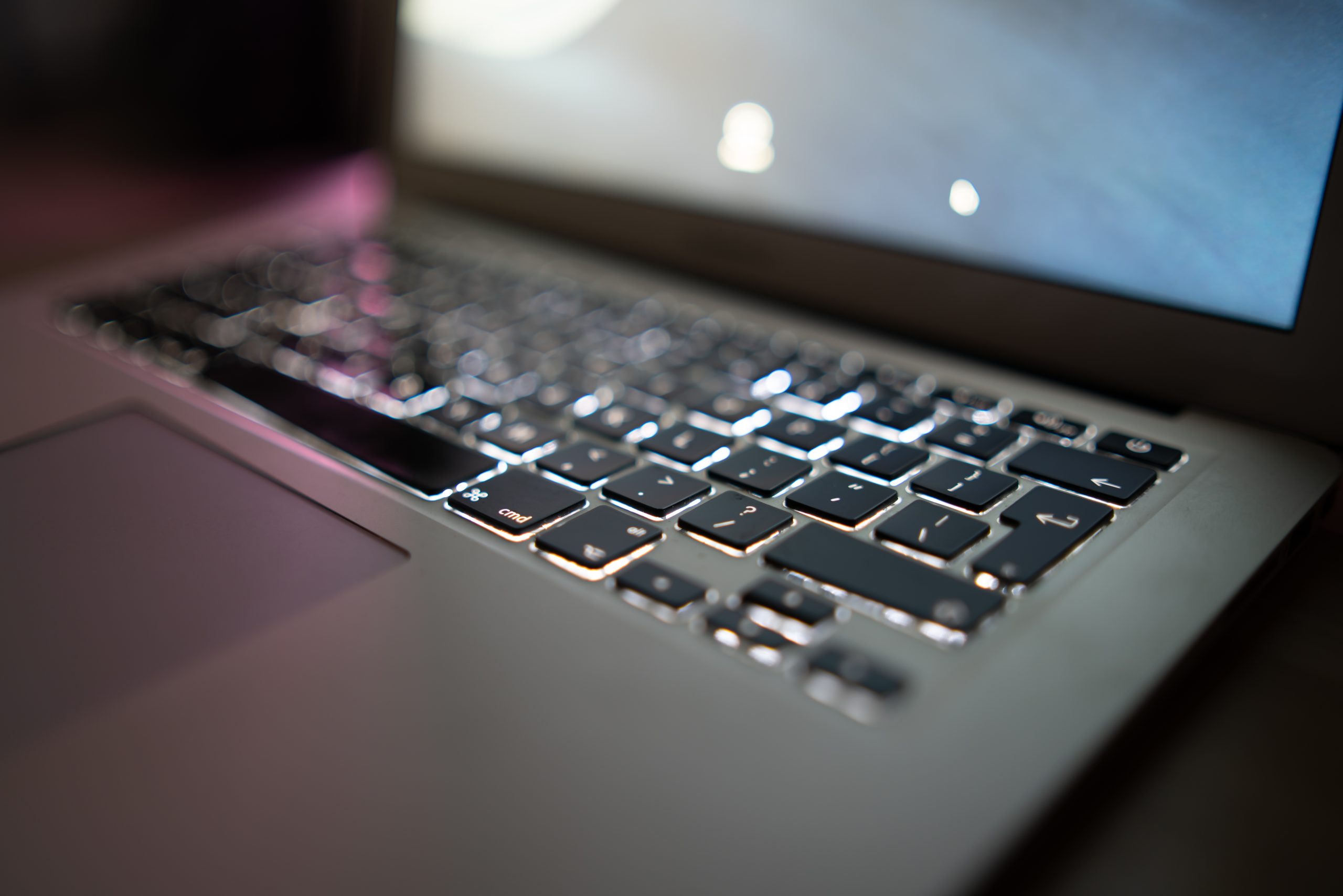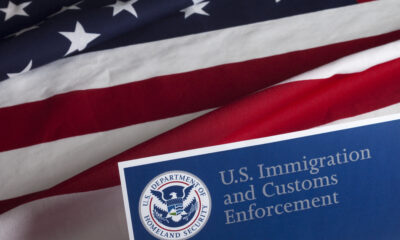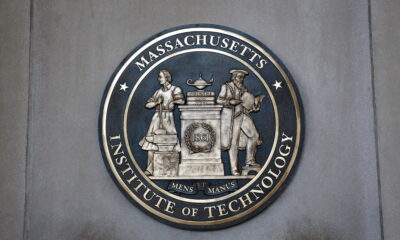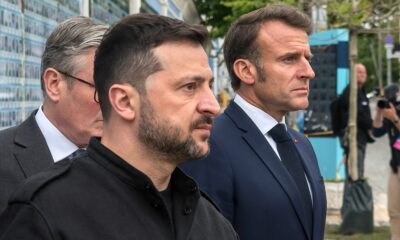Ex-CIA Official Explains Refusal To Sign Hunter Laptop Letter

In the final days of the 2020 presidential campaign, evidence shows that there was a coordinated campaign to suppress and smear reports about the contents of Hunter Biden’s laptop.
Dozens of intelligence operatives added their names to a letter released in October 2020 that claimed the story was part of a Russian disinformation campaign.
Now, one retired CIA official who received the letter prior to its release is explaining why he decided not to sign it.
In an interview with Fox News, former Moscow station chief Dan Hoffman noted that he was a particularly relevant source of insight and was “surprised” that the authors of the letter did not consult him prior to its composition.
Upon receiving the document on Oct. 18, 2020, Hoffman said that it initially “seemed natural to lay the blame at the Kremlin’s doorstep” given Russian President Vladimir Putin’s record of espionage and foreign interference.
“But at the same time, there was no evidence and the letter noted there was no evidence,” he added. “And I just felt like we needed to do the forensics. It was a very convoluted story.”
Hoffman previously issued a statement in response to reports that former acting CIA Director Michael Morell sent him an email soliciting his signature on the letter.
He indicated that the email “did not invite any further discussion or debate,” describing the letter as “a fait accompli.”
As Hoffman explained, he did not even respond to Morell’s message since the letter “was being passed around for signatures, not edits,” adding: “I’ve never been one to put my name to words someone else wrote on my behalf.”
In his subsequent Fox News interview, he noted the stark difference between how the laptop story was handled and how the CIA addressed other issues during his time at the agency.
“Look, when I was at CIA, we would sit in Michael Morell’s office when we had a particularly difficult, challenging intelligence issue, and we would hash out all the evidence that we have, the intelligence we had and then Michael would draw analytical conclusions with some level of confidence — low, medium, or high — and bring it to the White House,” he recalled. “We didn’t have that debate about this laptop issue. We weren’t invited to debate it.”
While the letter’s 51 signatures received ample attention from the media, Hoffman said that “many others” also declined to sign it.
























